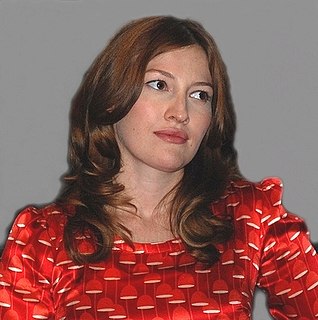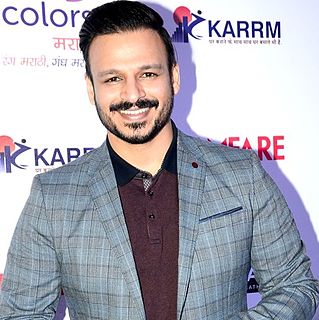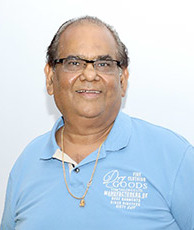A Quote by Sana Khan
Whenever I'm offered a film, I think of a Friday and ask myself if I would go and watch that film or not.
Related Quotes
I think if people who are attacking me or against me, if they would just watch one of my films, they would - they may not agree with me politically on all the things I'm saying. But they will know at the end of the film that I love this country and that I have a heart. And they'll have a good laugh throughout the film.
With The Exorcist we said what we wanted to say. Neither one of us view it as a horror film. We view it as a film about the mysteries of faith. It's easier for people to call it a horror film. Or a great horror film. Or the greatest horror film ever made. Whenever I see that, I feel a great distance from it.

































